Bartlett conference explores global solutions to the UK affordable housing crisis
4 October 2019
International conference brings together leading researchers, industry experts and public sector stakeholders to discuss global emerging tools and models for financing affordable housing in the UK.
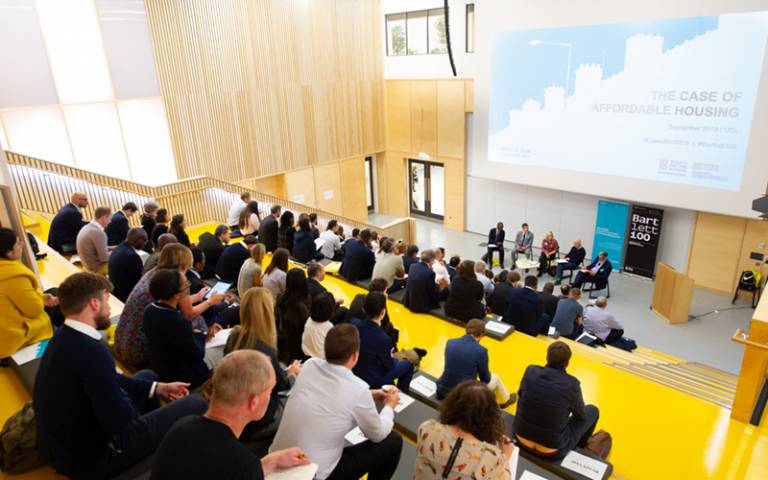
On Thursday 12 September, The Bartlett School of Construction and Project Management hosted a one day international conference – The Case of Affordable Housing: a global perspective on financing and institutional ownership – exploring emerging tools and models for financing affordable housing. Held at The Bartlett Real Estate Institute in Here East, the conference was supported by the Bartlett 100 centenary campaign.
Lack of affordable housing can have a significant impact on productivity and economic growth worldwide, and can lead to increased segregation and inequality within communities. A fundamental question in the creation and management of affordable and social housing is who finances it. In the UK and beyond there has been a shift from public sector led financing towards using capital markets to access funds. Housing associations play a vital role in this landscape as do institutional investors through direct financing or building (Build-to-Rent) and investment in existing large-scale rental accommodation.
This conference brought together academics and a wide range of industry stakeholders to explore global case studies focused on new tools and models for financing affordable housing, working towards viable solutions for the UK and beyond.
View the full programme [pdf 3.81MB]
Academic paper sessions
The conference had two paper sessions, drawing on a wide range of affordable housing topics including the role of mortgage markets, the impact of taxation of housing and land value capture, the role of state subsidies and mechanisms to unlock affordable housing in selected developing and developed countries.
There is a vast amount of research trying to provide solutions to housing unaffordability around the world and academics found these sessions a great opportunity to share their findings with policy makers and industry practitioners who can make it happen. Particular findings included mechanisms on the mortgage markets, rental markets, and regulatory interventions that can alleviate housing affordability.
View a selection of the presentations and papers:
- Improving affordable housing delivery through the reduction of rework in the supply chain [pdf 385kB], Mehdi Shahparvari (London South Bank University) and view the presentation slides [pdf 1MB]
- Mortgage Availability and Homeownership in the Low Income Housing Market: The Role of Credit Scoring [pdf 661kB], Jaime Luque (ESCP Europe)
- Rebairrar: Marechal Carmona Neighborhood Regeneration Program, João Schedel and Filipa Roseta [pdf 109kB], (Cascais Municipality – Cãmara Municipal de Cascais) and view the presentation slides [pdf 5.16MB]
- Social Housing and REIT Funding for Affordable Housing in Africa Developing Housing Nations [pdf 242kB], Dr Olusegun Olaopin Olanrele (Moshood Abiola Polytechnic and University of Malaya) and Dr Babatunde Adekoyejo Jolaoso (Moshood Abiola Polytechnic) and view the presentation slides [pdf 1.96MB]
- The Cost of Outdated Neighborhoods in a Growing Metropolitan Area: Evidence from the 2010-2011 Christchurch Earthquakes [pdf 1.83MB], Yuming Fu (National University of Singapore)
- The Taxing Problems of Land Value Capture, Planning Obligations and Viability Tests: Some Reasonable Models? [pdf 1.09MB], Pat McAllister (University of Reading)
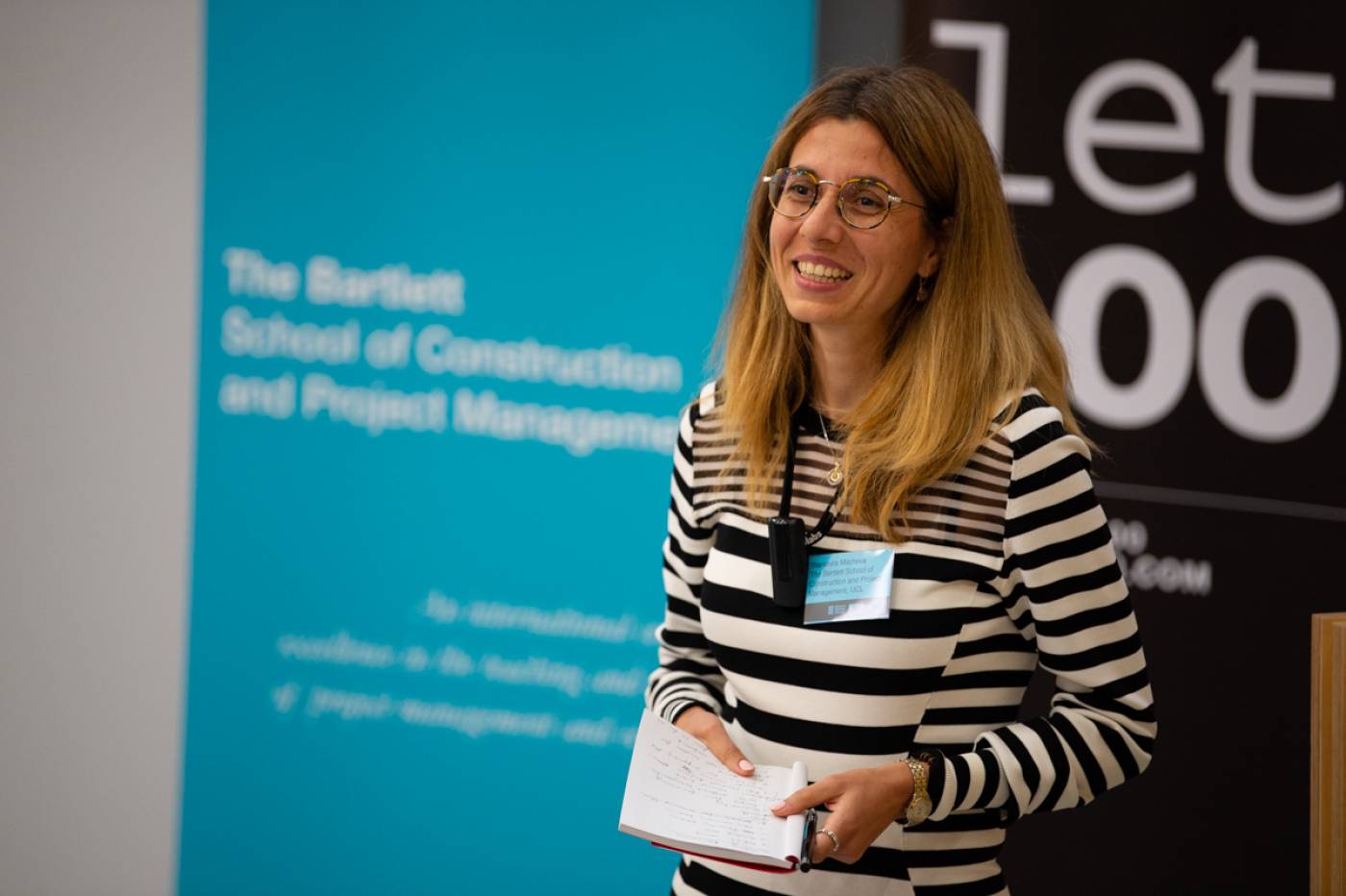
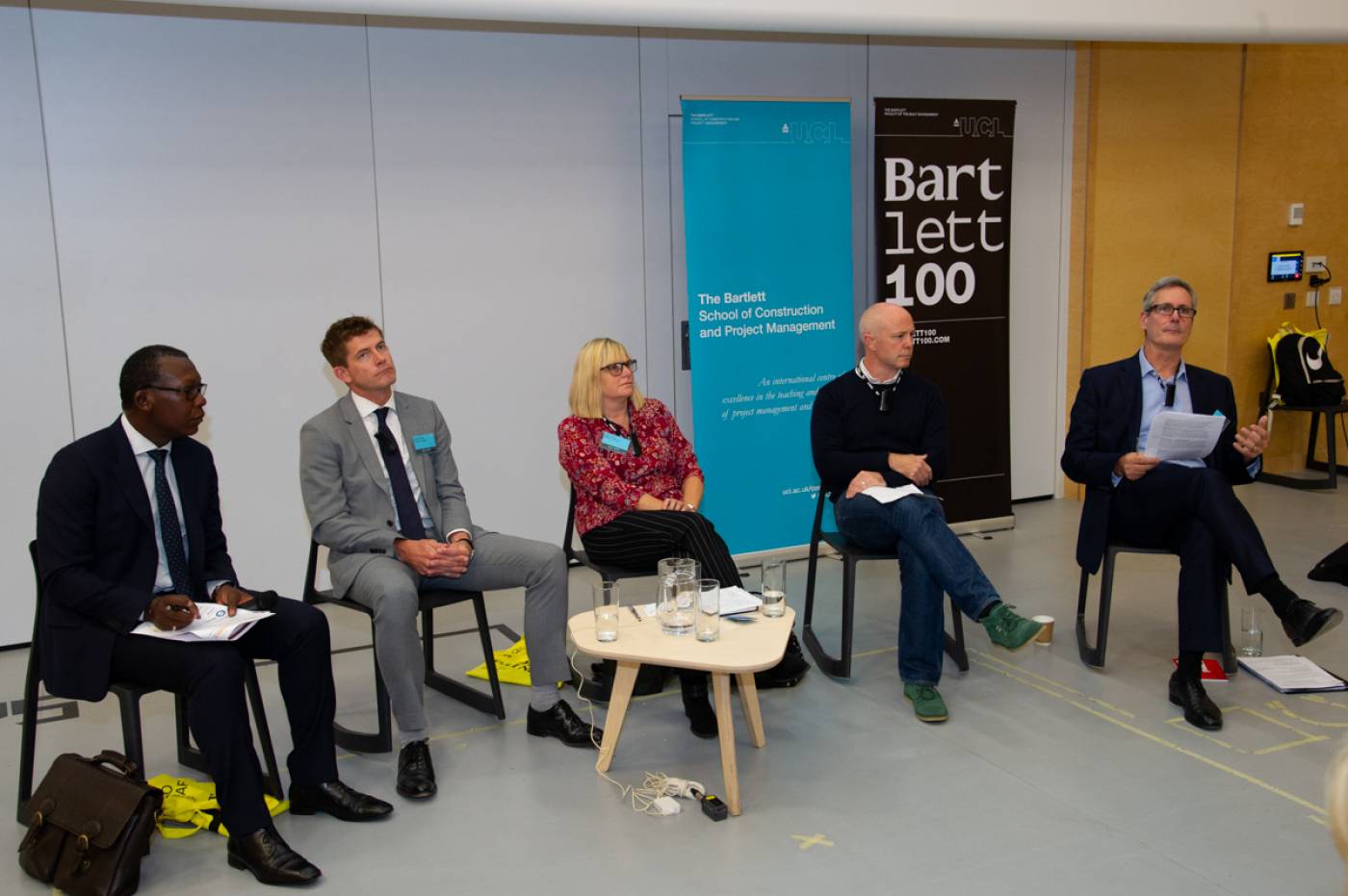
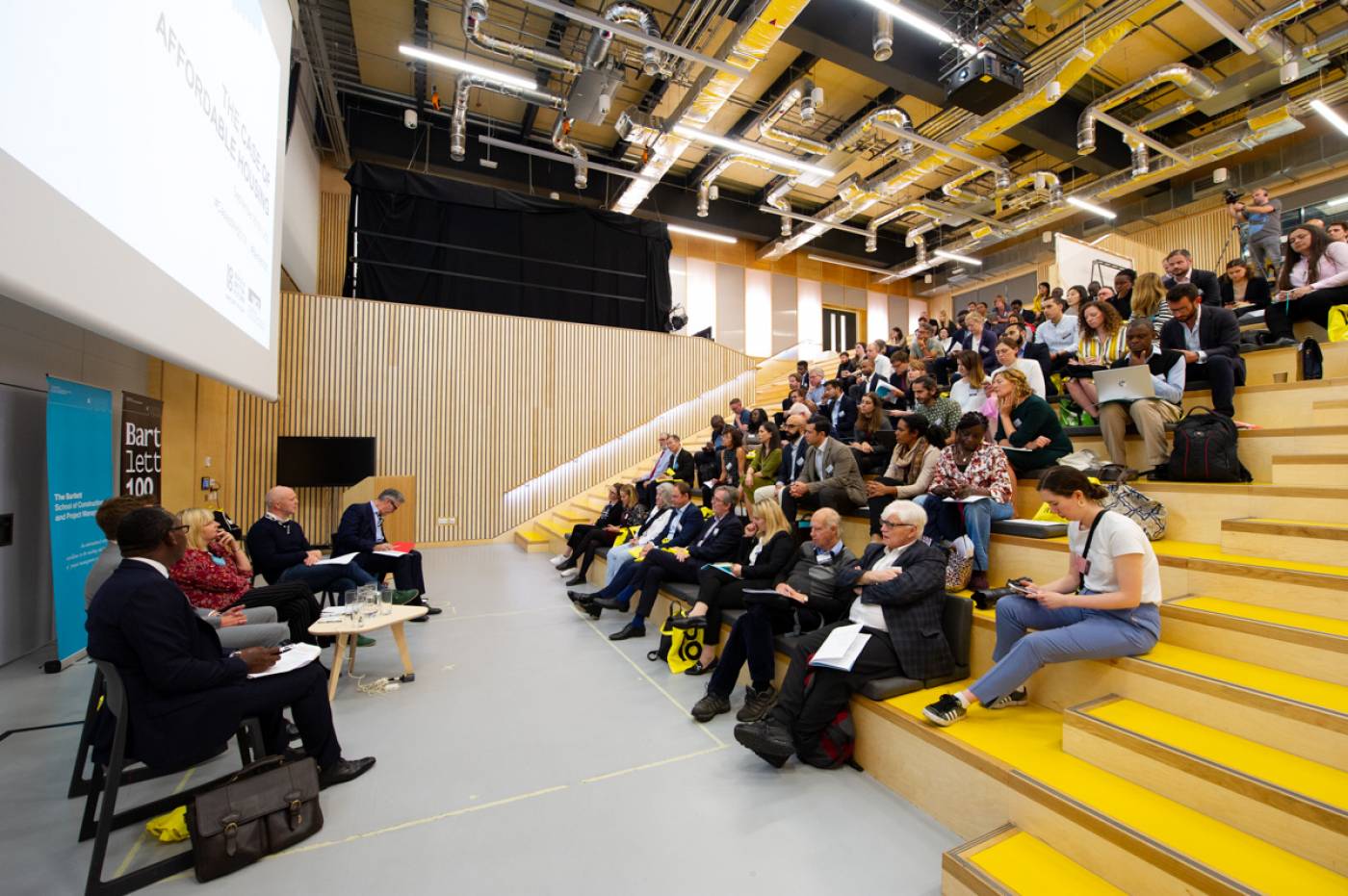
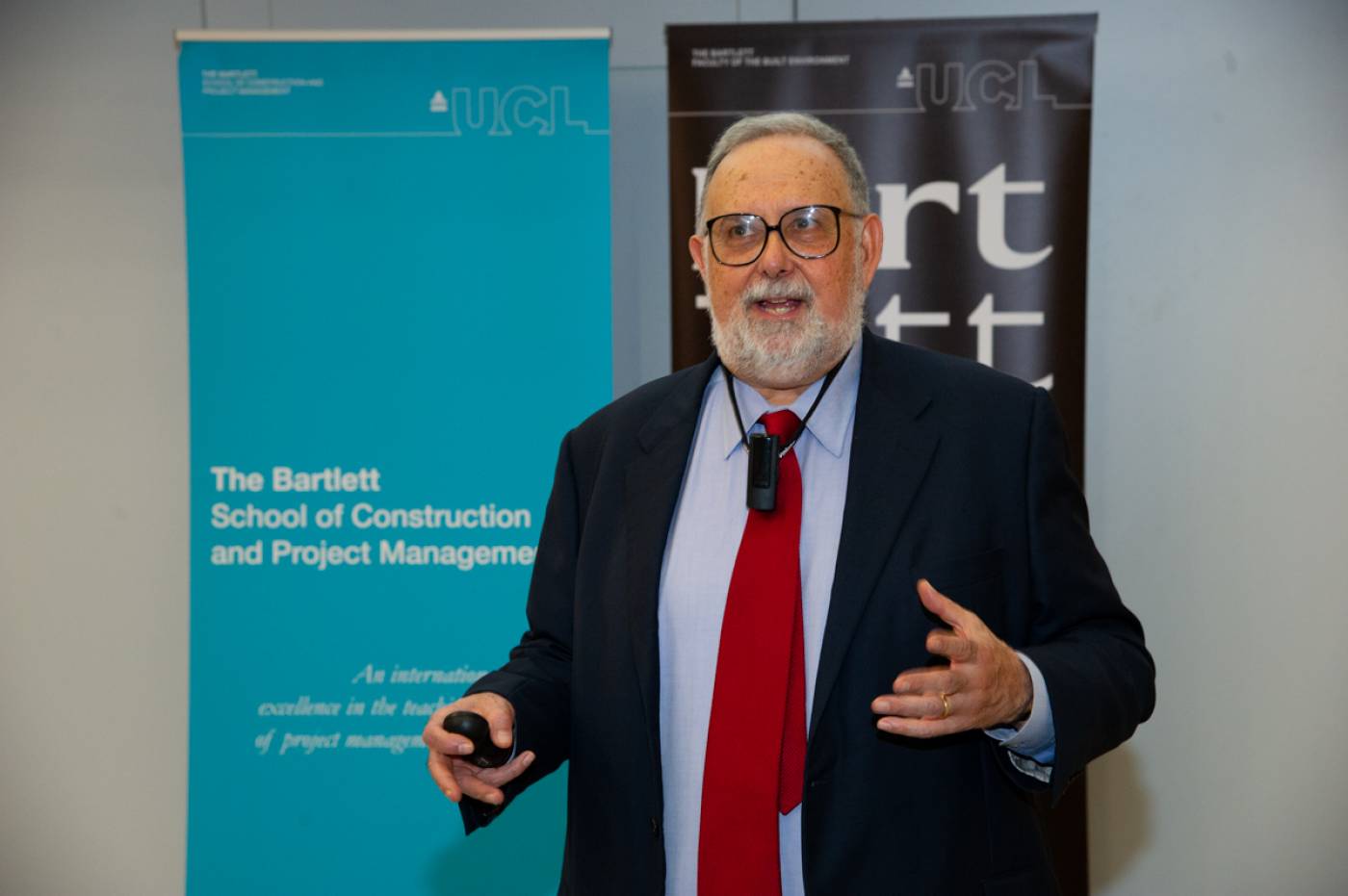
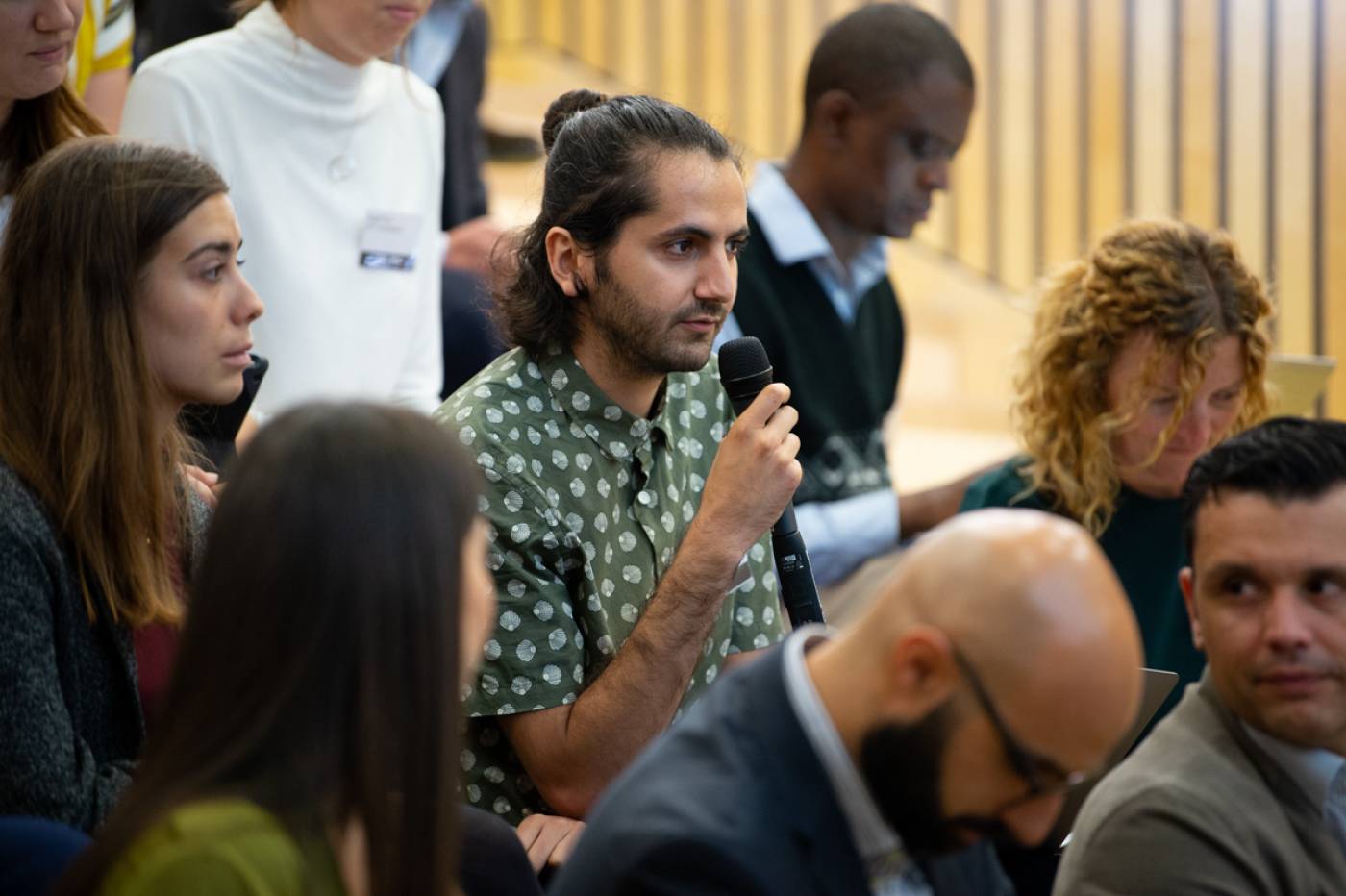


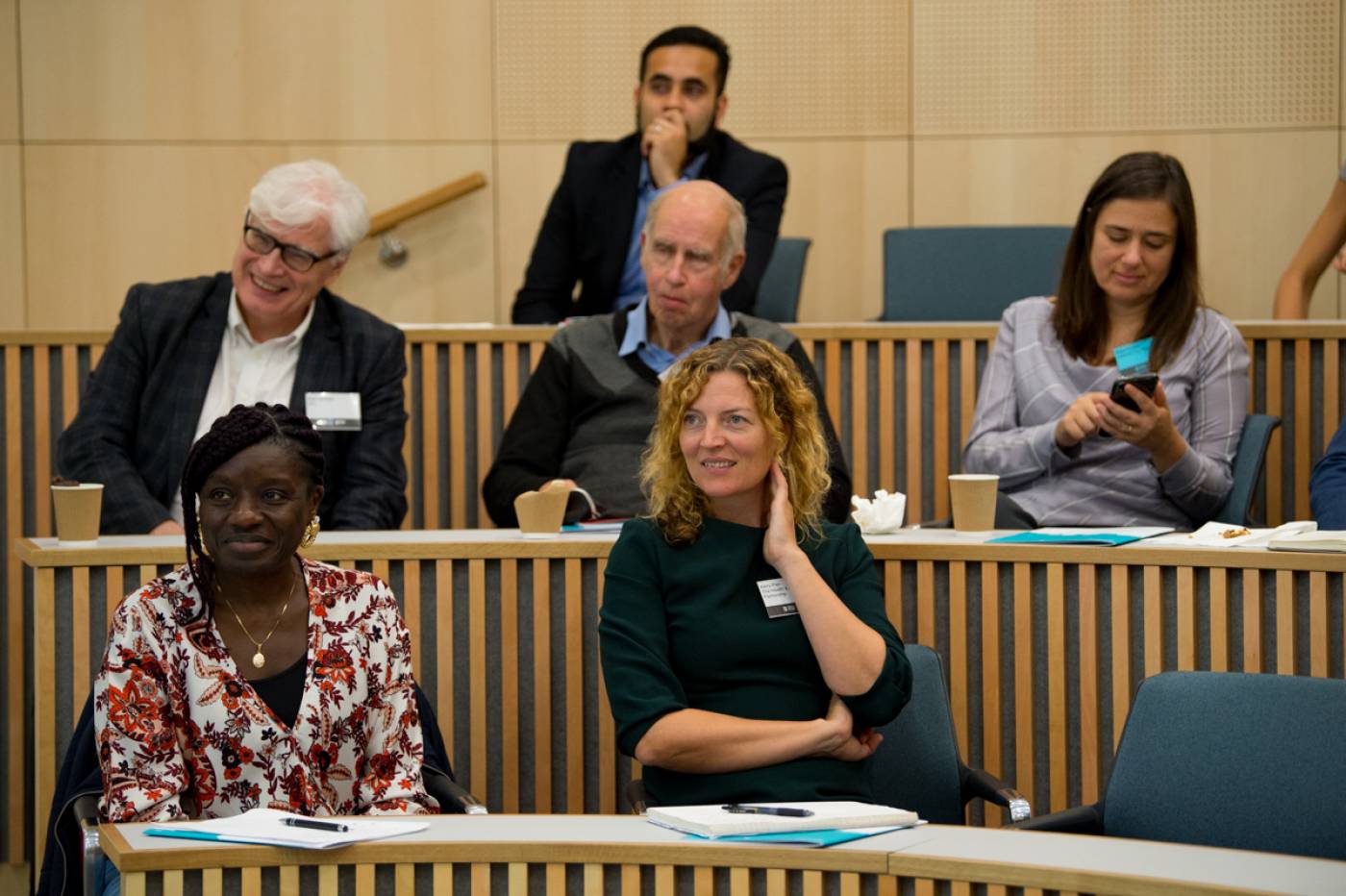
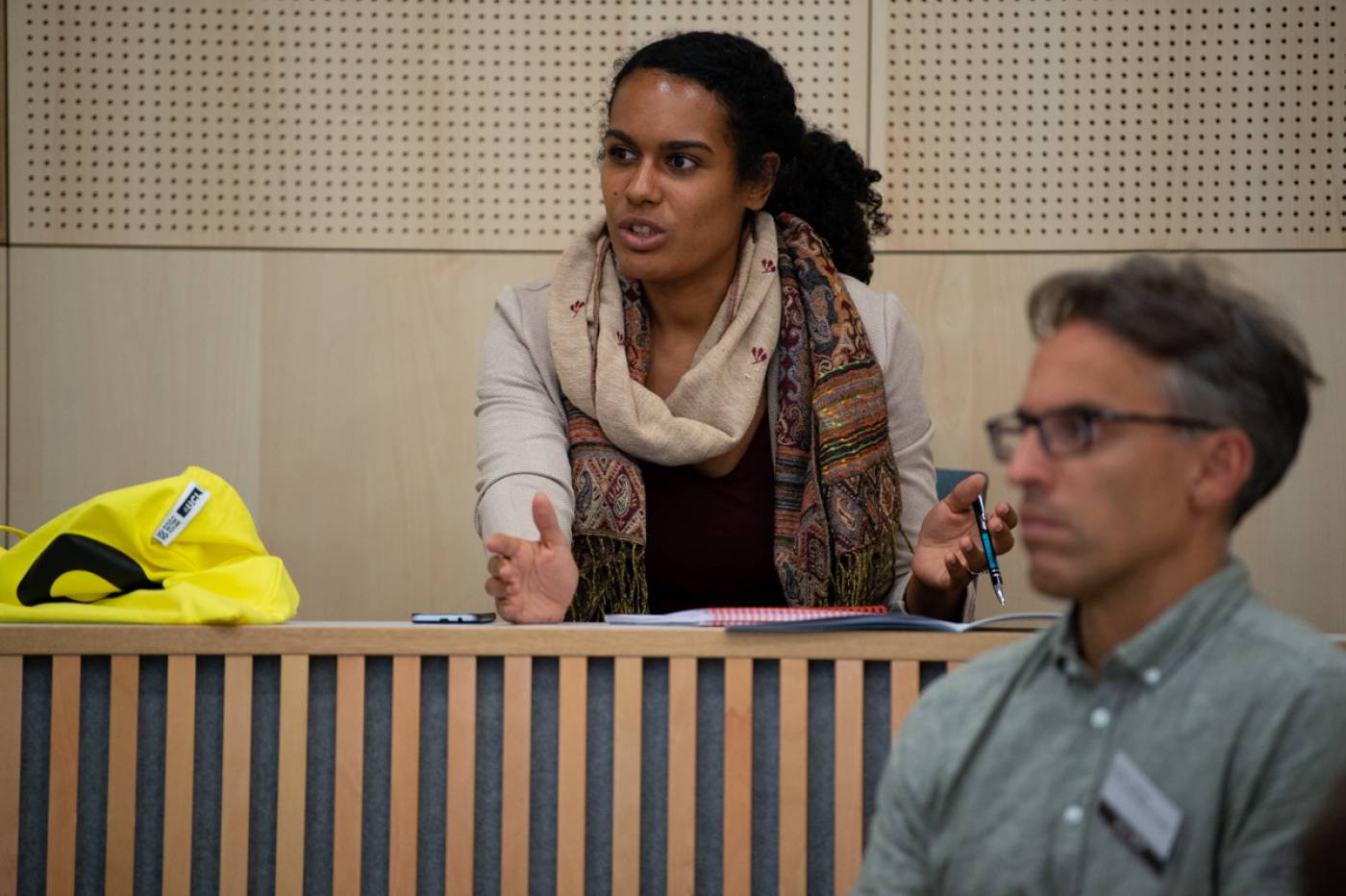

Workshops
Three interactive workshops were delivered exploring ways of increasing the supply of affordable housing. Andrew Allen from Aberdeen Standard Investments focused on the institutional rental market, providing findings that happy tenants in terms of rental protection is beneficial for institutional landlords. Pete Gladwell from Legal and General focused on institutional investment, providing the perspective of investors such as pension funds and insurance companies seeking long term stable income – affordable housing providing a good match to their liabilities. Prof Yolande Barnes from The Bartlett Real Estate Institute provided a fresh perspective on affordable housing by focusing on depreciation and maintenance of the existing stock.
Round table discussion
The conference welcomed senior industry leaders to a round table discussion on emerging models of housing funding, supply and place making.
The panel:
- Paul Hackett, Optivo
- Colm Lacey, Brick by Brick
- Helen Evans, Network Homes and G15
- Harry Swales, Homes England
- Steve Douglas CBE, Altair and Aquila and Chair One HG
The panel gave an overview of the UK affordable housing landscape mostly presenting the perspective of the public sector and the view from housing associations in the UK. Helen Evans – the chair of G15, the organisation representing the interest of some of the largest London housing associations – highlighted the importance of a political will in the provision of enough affordable housing to meet the demands across household cohorts. Harry Swales from Homes England offered an overview of the role of Homes England in providing financing for affordable housing schemes.
View Aquila's conference briefing paper - Narrative and Examples of Financialisation & Institutionalisation of Affordable Housing [pdf - 348KB].
Watch the round table film
Myths and Realities of Affordable Housing: Some International Lessons – keynote lecture by Prof Stephen Malpezzi
The keynote lecture was delivered by Prof Stephen Malpezzi from the University of Wisconsin-Madison.
Drawing on lessons from his vast experience in research and observations in practice from around the world, the lecture explored some of the myths and realities related to the way affordable housing has been approached. This included a discussion on how to navigate the numerous meanings of the term ‘affordable’, why a multi-pronged approach to affordable housing is usually necessary, and what that approach might entail. An important message, which was also one of the main objectives of the conference, was that different academic disciplines – including economics and planning – as well as policy markers should collaborate because of the nature of housing – as a consumer good and as an investment asset – as well as its dependence of land.
Watch the keynote film
Dr Stanimira Milcheva, the School's lead academic in affordable housing research, concludes:
This is the second year the School has run an event on affordable housing with the aim of linking key academics conducting research in this area with policy makers and industry practitioners. The conference showcased leading research and examples of best practice in industry with a critical view on affordable housing provision. This year, the focus was on financing as we are interested in a large scale provision of affordable housing which would need large pools of institutional money. Matching the incentives of policy makers, investors and users is challenging but the first step is to start a dialogue and showcase different perspectives on the issue. We are looking forward to keep this dialogue going in a constructive way and provide viable solutions to resolving housing unaffordability.
 Close
Close


